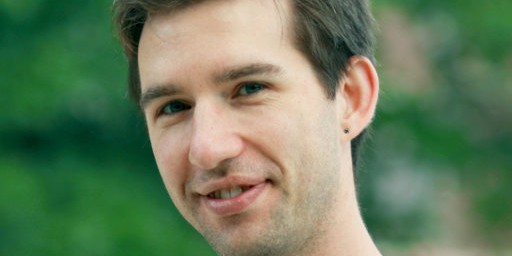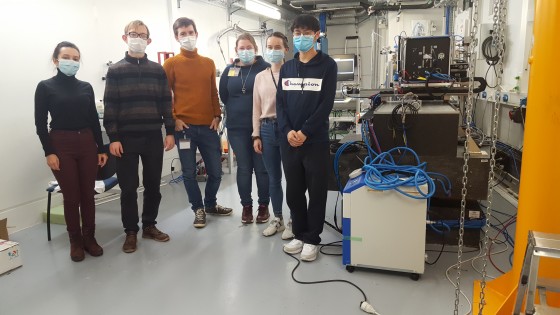
European Research Council awards Ilya Kupenko with "Starting Grant
The European Research Council (ERC) has awarded Dr. Ilya Kupenko an "ERC Starting Grant". The research project "Light elements in the core" (LECOR), which the scientist plans to carry out over the next five years at the Institute of Mineralogy at the University of Münster with the help of EU funding of around two million euros, comes from the field of mineral physics. The ERC awards funding on the basis of the scientific excellence of the applicants and the proposed project. The research grant is among the most prestigious awards of its kind in Europe.

Ilya Kupenko, born in 1986 in Russia, studied physics at Lomonosov Moscow State University. After completing his doctorate at the University of Bayreuth while working at the European Synchrotron, he first worked there as a postdoc before switching to the University of Münster in 2016. His research at the Institute of Mineralogy is mainly focused on mineral physics under extreme pressure and temperature conditions.
ERC Grants
The ERC Starting Grants provide financial support for young, innovative researchers who want to build up their own, independent research group. The ERC Consolidator Grant and the ERC Advanced Grant are two more of the ERC’s funding lines. At the University of Münster there are numerous researchers who have received one of these grants from the European Research Council.
